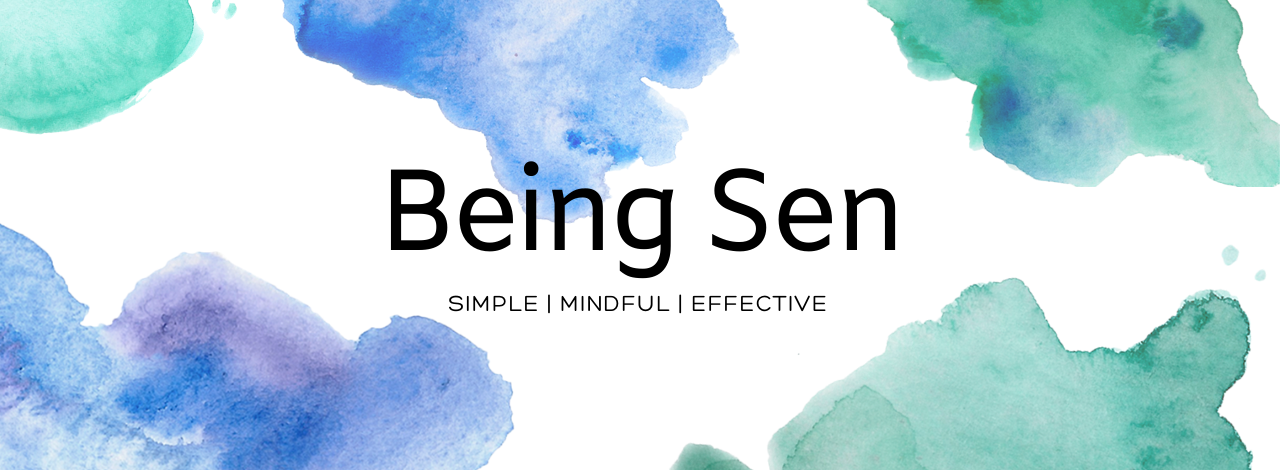Most of us have faced this question at least once in their lifetime.
Why did you quit your last job?
It may be a parent or a relative or a friend asking that question. Or, it can also come from a recruiter or hiring manager during an interview.
The real question is, how do you answer this?
A simple Google search will tell you that this is an often-discussed topic. Then why am I writing about it?

Well, I am not going to give you a guide on what to say when faced with this question. There are some great articles on the Internet, which you can refer to for that. I will link one of them here.
I want to rather delve into the fact why it is necessary to answer this question with tact, especially if asked at an interview. But before jumping into that, let’s first discuss-
Why do we get asked this question?
Well, it depends on who is asking it. A parent or a well-wisher might probably ask out of concern. There is also the element of curiosity involved in some. Then there are people who just have to know these kinds of things. For all such cases, it depends on you what you say. You can choose to open up or avoid telling as much as you want, totally your call.
But what are the reasons for a potential employer asking this to you?
There are actually many and some are really obvious, like-
- They want to know whether you are reliable enough. If you left your last job because of some petty reason or on a whim, that will surely be noted down against you.
- Did you leave because you are not efficient enough at what you do?
- Did you leave voluntarily or you were asked to leave?
In all these cases, the employer is trying to assess your personality. In a broad sense, the response you give becomes a part of your audience profiling and will ultimately be used to decide your fit in the organization.
Why should you think before answering?
So why should you tailor your answer to this question so that it suits you best and remain truthful at the same time? Of course, it’s at an interview and you want the job. But to understand it better, you have to dig a little bit into human psychology, especially biases.
You see, us humans, we are full of preconceived notions. As individuals, our ideas of right and wrong are usually strongly ingrained. As such, if you do not put care into what you say at formal conversations like an interview, it more often than not leaves a negative impact.
Consider the third reason mentioned above
- Did you leave voluntarily or you were asked to leave.
Maybe, you were asked to leave by your supervisor at your last retail job because of a customer’s complaint (customers are always right). But in reality, it was not your fault and you know that.
Now, how you phrase that answer becomes the make or break point for your next job interview. That is why it is imperative that you think before you answer, especially for such sensitive cases.
In Conclusion
My experience as a human resource professional has taught me one thing. The chance of a candidate getting the job offer after an interview rides on a slippery slope. One tiny slip and you are likely to be written off. There are always other candidates to choose from for the interviewer. As such, it becomes quite important that you do your research and turn your answers in your own favor. So next time you get asked- why did you quit your last job- think before you answer.
Looking for a job in itself is one of the most stressful things one can do; by being prepared to answer questions like these you can make it that bit easier for yourself.
Peace.
Do you have any related experience or story to tell? Please share in the comments below. I would love to hear from you.

